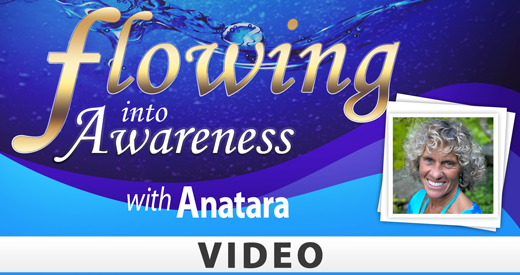| YogaHub |  |
Day 11: Release the Ineffective
 Yesterday, I wrote about actively engaging people – how to continually step out and invite others to experience yoga. As hard as it can be to keep reaching out, it can be downright difficult to do the opposite – that is, to disengage from ineffective conversations.
Yesterday, I wrote about actively engaging people – how to continually step out and invite others to experience yoga. As hard as it can be to keep reaching out, it can be downright difficult to do the opposite – that is, to disengage from ineffective conversations.
Let’s go back to our example – the little maple syrup booth my husband Joe and I had at our local community fair.
Once Joe had engaged people by offering them a taste of the maple syrup, conversation just kept going, and going, and going – like the Eveready Energizer Bunny!This is why the art of disengagement is just as important as the art of engagement. If you spend too much time on one conversation, it makes it hard for you to reach out to other people, and it prevents you from hearing from those who want your feedback.
It’s like the student who craves your attention, chatting for great lengths before or after class, making it impossible for you to check in with all the others in attendance.
Attention, as we have all experienced, can only be spread among so many competing interests before our effectiveness drastically decreases. Whether it’s a chatty student or someone visiting your booth, there comes a time when we need to move on.
We can build disengagement into our marketing, giving both ourselves and our students the chance to move on when the time is right.
When I invite people to take the free online classes about moving from teaching to training, I give them the option to sign up for my e-mail newsletter. This is called an “opt-in” strategy – a completely voluntary option to continue the relationship. This strategy is an example of the engagement process I wrote about yesterday.
Subscribers also have the chance to unsubscribe at any time – an example of disengagement from the relationship. It’s also a trigger for me – if there are a lot of people unsubscribing, it’s indicates that there’s something wrong with my approach.
A very powerful way of building disengagement into your marketing is to offer a full money-back guarantee, which tells the buyer that “I want what I have to offer to be a good fit for you. If it’s not, you’ll get your money back.”
For example, I make a complete money-back guarantee on my Train the Trainer virtual program. After the end of the first class, participants can get a full refund if the course does not meet their needs. Even though I have to incur out-of-pocket expenses to ship the material, pay for the assessment they take as part of the course, and administer the registration, I only want to have people in the class who want to be there. It’s that simple.
In what ways has the process of disengagement supported you or your business?
Take the Challenge:
- 21-Day Yoga Marketing Challenge (overview)
- Day 10: Engage Your Audience
- Day 11: Release the Ineffective
- Day 12: Stop Doing That!
[tags]Megan McDonough, training the trainer program, yoga business, business marketing consultant, 21-day yoga marketing challenge[/tags]





